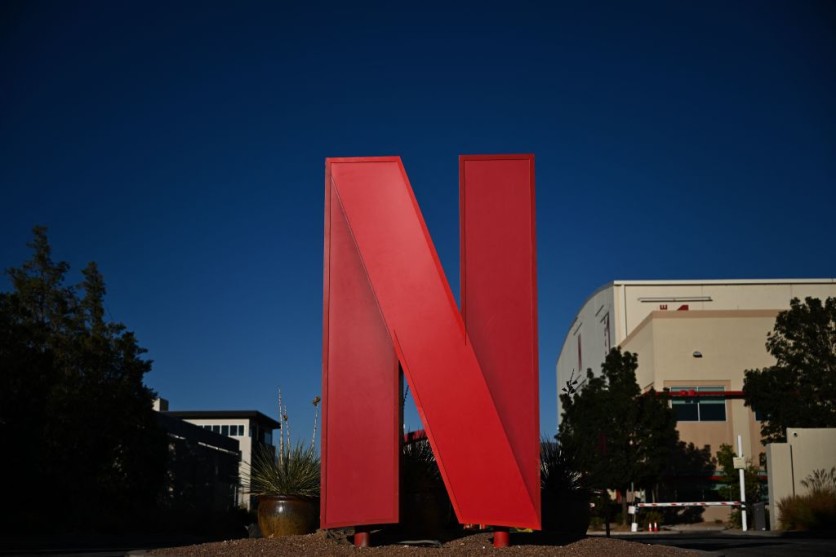Workers adept at using artificial intelligence could reportedly be those taking everyone's jobs, as Netflix co-CEO Ted Sarandos predicted in an interview with the New York Times.
Speaking about AI and its potential to replace human creatives in the film industry, Sarandos states that he has greater faith in people and that he does not think an AI program will be able to write a better screenplay than a great writer, replace a great performance, or make a difference that viewers will not be able to discern. However, he added that although AI won't replace you in your career, the person who employs it might.

The Netflix CEO said that artificial intelligence is a logical progression of current developments in the creative industry, given that volume stages have not replaced on-location filming. Sarandos adds that AI will be a tool for directors, writers, and editors to improve their work and do tasks more quickly and effectively.
The remarks follow his sentiments from March when he said that artificial intelligence will always be a tool for artists rather than a substitute for filmmakers in Hollywood. Speaking about the contentious topic, Rob Lowe and Sarandos discussed it in an episode of the actor's SiriusXM show, Literally!, in partnership with Rob Lowe.
Read Also : George Carlin Estate Sues Creators of AI-Generated Comedy Special Imitating the Late Comedian
AI as a Filmmaking Tool
During the conversation, Sarandos said that the people who can use these AI technologies to create works of art that are authentic and realistic while also supporting human nature will win in the end. According to Sarandos' final statement, "Inauthentic" and "authentic" films will be easily distinguished by audiences.
According to Sarandos, there is "no shortcut" when it comes to creating the human experience, thus using AI to create this "authentic" human experience more quickly would not work in the end.
Sarandos does, however, see an AI-powered future for Netflix where users can produce their content. He responds to Lowe's question by citing the example of fusing two movies to create a brand-new one or even a brand-new, unexplored notion.
He did argue that viewers might be hesitant to select this technology over a story written by human creatives, even if it is available.
Writers Against AI
While the use of AI by filmmakers is a predicted future, Hollywood content being used as AI training data is a completely different notion. Just this April, a global coalition comprising some of the biggest screenwriting guilds sought to push for a set of demands to help protect writers against artificial intelligence.
Strong licensing procedures are part of this, requiring authors' permission before using any of their writing as AI training material.
The Federation of Screenwriters in Europe (FSE) and the International Affiliation of Writers Guilds (IAWG) passed a joint resolution detailing five principles regarding AI in scriptwriting. This resolution will bind their member guilds in South Africa, New Zealand, India, Israel, and Korea. These demands are part of a larger pushback against AI.
The resolution further requests that member groups strive to guarantee that, by 2024, datasets of commercialized LLMs or any other AI technology include only intellectual property that has been granted a license for such use.
According to the five principles, large language models and AI cannot replace writers, and only writers are capable of creating literary works.
Additionally, they guarantee that AI does not have access to copyright or author rights, allow writers' intellectual property to be used to train AI, are transparent about the use of AI-generated material in writing services (like editing and rewriting), and present fair compensation when writers' intellectual property is used in LLMs or AI programs.
Related Article : Meta, Google Team Up to Offer AI Licensing Deals for Production Companies to Enhance Models


![Apple Watch Series 10 [GPS 42mm]](https://d.techtimes.com/en/full/453899/apple-watch-series-10-gps-42mm.jpg?w=184&h=103&f=9fb3c2ea2db928c663d1d2eadbcb3e52)


